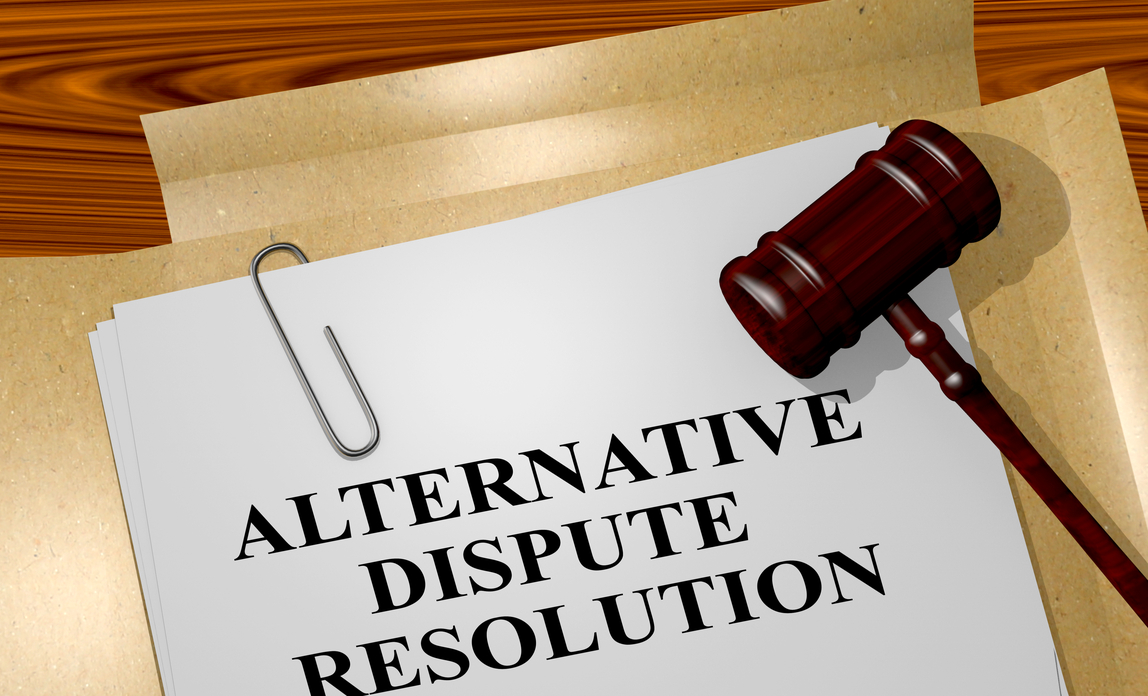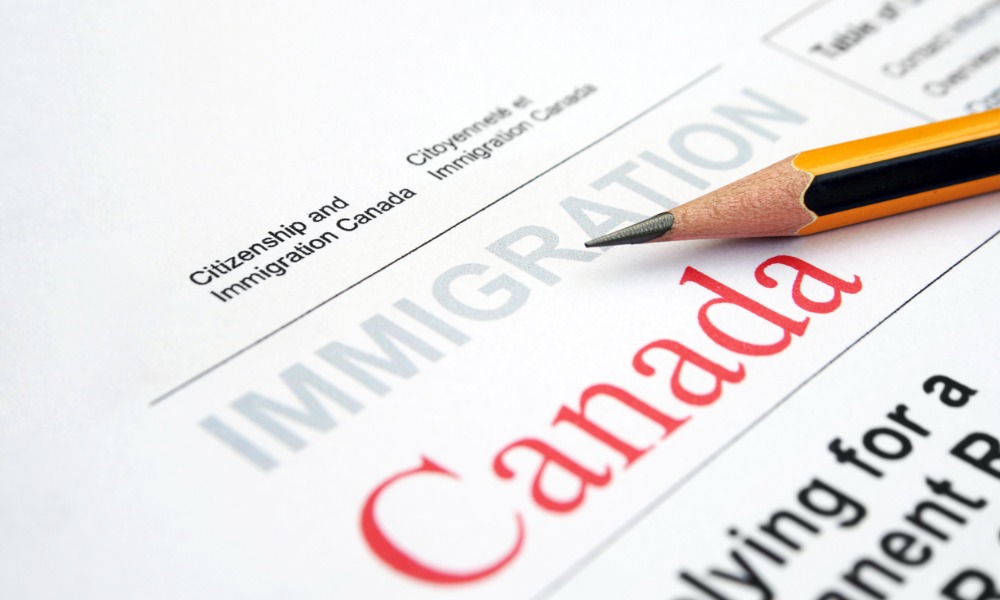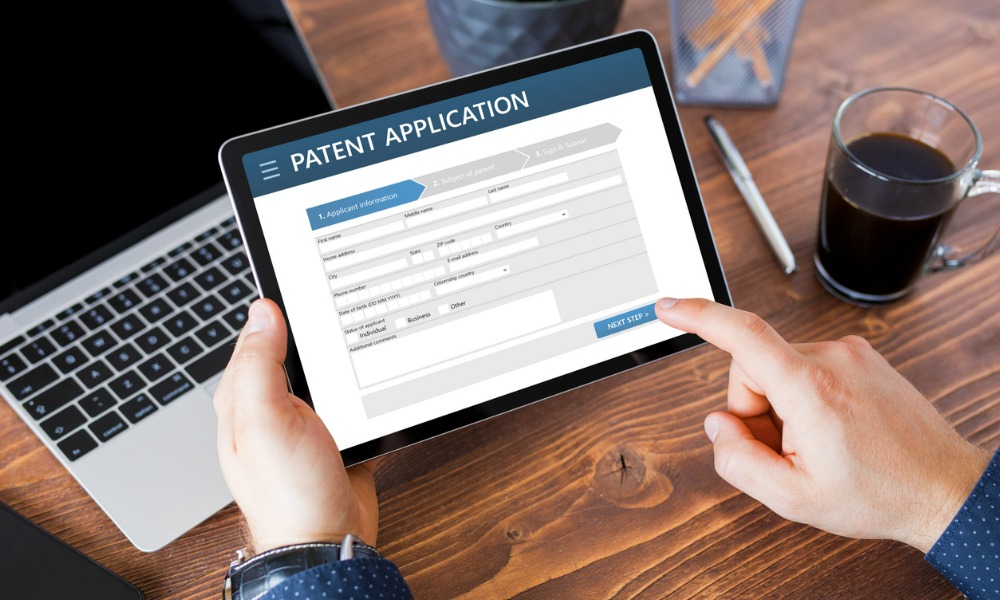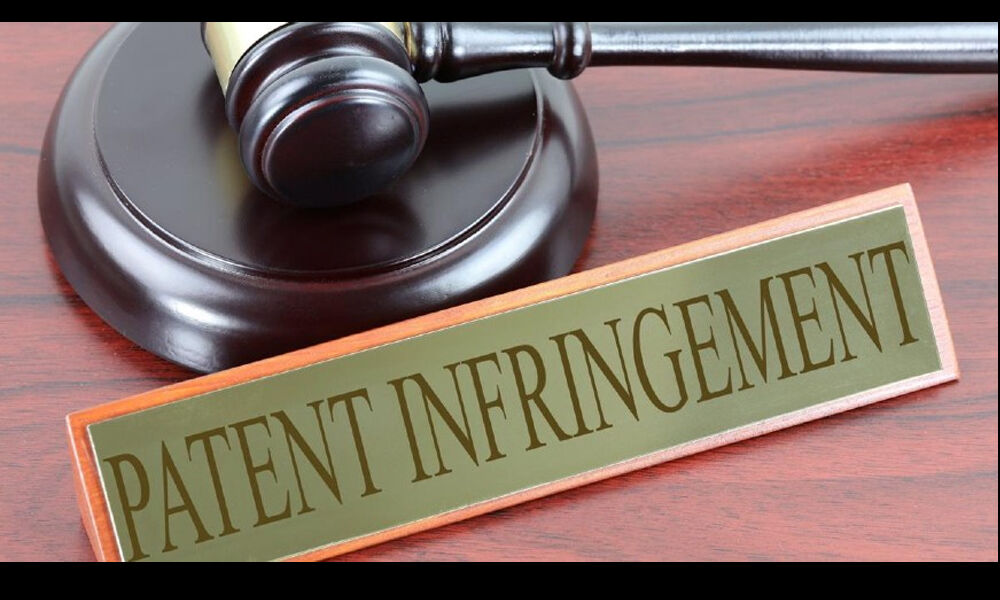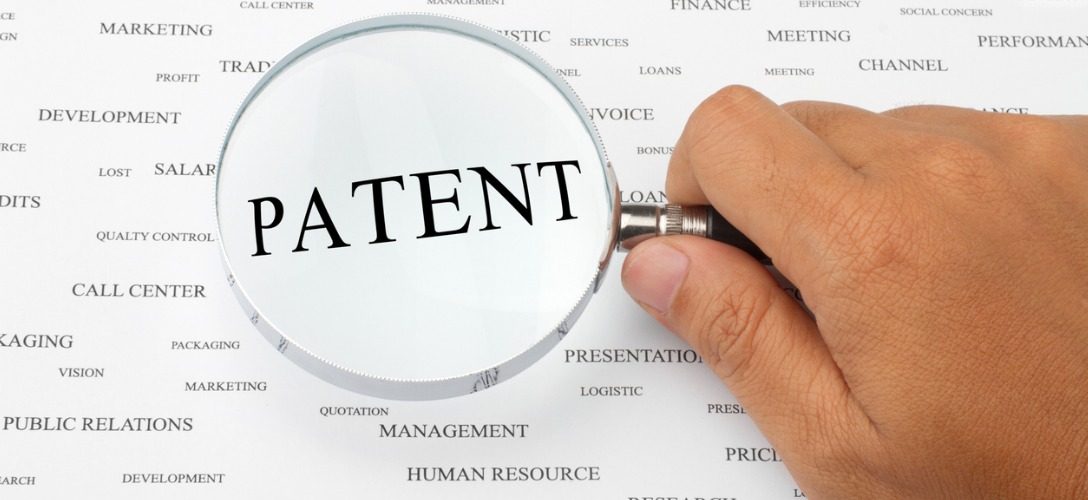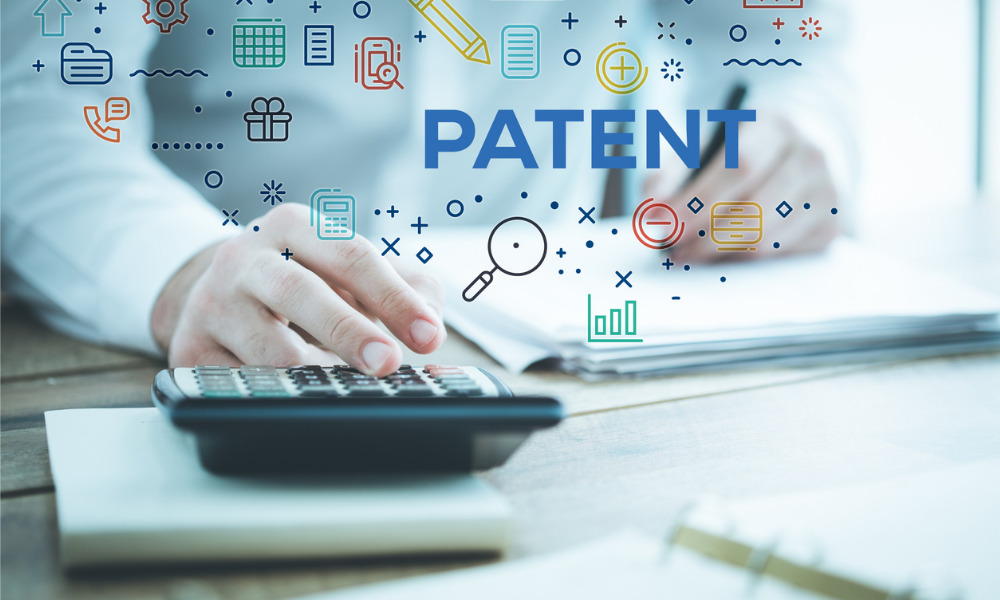
Artificial intelligence (AI) and machine learning (ML) are rapidly transforming the way we live, work, and interact with technology. As AI and ML continue to evolve, the legal landscape surrounding patent law will inevitably shift to keep up with the changing times. In this article, we will explore the potential implications of AI and ML on patent law and what the future of patent law may look like in the era of AI and ML.
How AI and ML are Changing Patent Law
The rise of AI and ML is transforming the way inventions are created, developed, and patented. AI and ML are being used to automate various aspects of the patent process, from prior art searching to patent drafting and prosecution. This has the potential to significantly reduce the time and cost associated with obtaining a patent.
However, the use of AI and ML in the patent process also raises some important legal and ethical questions. For example, who is responsible for an invention created entirely by AI? Can AI be considered an inventor? These are questions that patent law will need to address in the coming years.
The Role of AI and ML in Patent Litigation
AI and ML are also having an impact on patent litigation. For example, AI algorithms can be used to analyze large amounts of data to identify potential patent infringement. This has the potential to streamline the litigation process and reduce the cost of patent disputes.
However, the use of AI and ML in patent litigation also raises questions about the reliability and accuracy of these algorithms. For example, how do we ensure that the results generated by an AI algorithm are accurate and unbiased? These are issues that will need to be addressed as the use of AI and ML in patent litigation continues to grow.
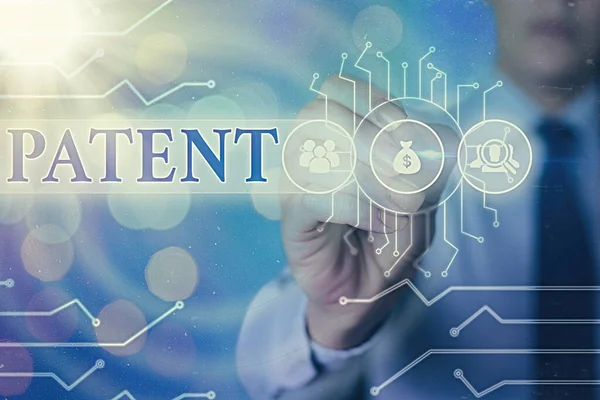
The Future of Patent Law in the Era of AI and ML
The future of patent law in the era of AI and ML is likely to be shaped by a number of factors, including technological advancements, legal developments, and ethical considerations. Some potential developments include:
- Increased Automation: AI and ML will continue to be used to automate various aspects of the patent process, including prior art searching and patent drafting.
- New Legal Frameworks: As AI and ML become more prevalent in the patent process, new legal frameworks will need to be developed to address issues such as inventorship and ownership of AI-generated inventions.
- Improved Efficiency: The use of AI and ML is likely to result in a more efficient patent process, with faster application processing times and reduced costs.
- Greater Complexity: As AI and ML become more advanced, the patents they generate are likely to become more complex, making it more difficult for patent examiners and judges to understand the technology involved.
The rise of AI and ML is transforming the way we approach patent law. While these technologies offer many benefits, they also raise important legal and ethical questions that will need to be addressed in the coming years. As the use of AI and ML in the patent process continues to grow, it is likely that we will see new legal frameworks and technological advancements that will shape the future of patent law for years to come.


